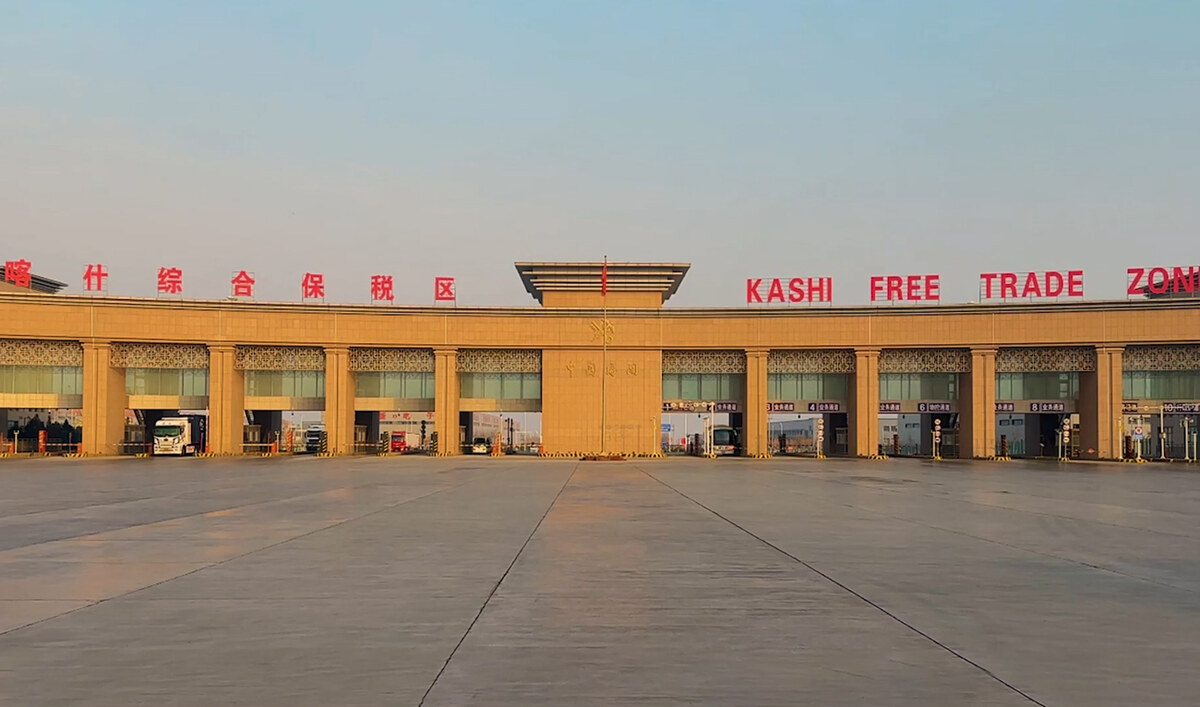KETI BANDAR, Thatta: On Thursday afternoon, Abdul Ghani opened the oil tank of his motorcycle to check if he had enough fuel in case he had to flee Keti Bandar, a Pakistani coastal town in the southern Sindh province that lies in the path of the fast-approaching cyclone Biparjoy.
But even as the cyclone whirled towards landfall on Thursday evening, Ghani stayed put, one among six men who remain in Keti Bandar to protect their boats and homes while the government has evacuated over 81,000 people from vulnerable coastal areas in the southern region.
Biparjoy, which means 'disaster' or 'calamity' in the Bengali language, was centred in the Arabian Sea 50 kilometres (31 miles) off Jakhau port in the western Indian state of Gujrat and 240 km (150 miles) off Pakistan's southern port city of Karachi, weather officials said on Thursday.
Pakistan Minister for Climate Change Sherry Rehman said on Thursday afternoon the tropical storm was expected to hit the Keti Bandar area at midnight.
Meanwhile, Ghani, 58, the head of a family of ten, stood guard in the deserted city.
“There is a motorcycle to flee with,” Ghani told Arab News with a smile late on Thursday afternoon, standing on a deserted stretch of beach. “We will be able to leave but only if there is a threat.”
But what if he got stuck?
“Life is in the hands of the Creator. What can we do? We will try to escape, and if we can't, then Allah knows what will happen.”
Ghani said he had been in the town for four days without food as shops had been closed and the government had made no alternative arrangements since evacuations began on Monday. His family had been moved to a safe location by government teams and he had not spoken to them since they left.
“I don't even know if they are in Gharo or Bagan,” he said, naming two Sindh localities. “There is no contact.”
A kilometer away at the Kati Bandar jetty, Muhammad Saleem Jat, who owns a few fishing boats, stood on one, adamant he would not leave.
“We have a responsibility to protect these boats,” he said. “If the government is ready to protect them, we can leave.”
He remembered the 1999 cyclone in Pakistan in which at least 6,000 people were killed and over two million affected. Keti Bandar was one of the worst hit areas then.
“People say that it's similar to the 1999 cyclone, but more severe than that,” Jat said. “There is a serious threat … If a cyclone like the one in 1999 were to repeat, nothing would be left … but if we leave these boats behind, they will sink.”
Ghani too remembered the “huge losses” of 1999,
“Many people had died, they had died in the city and also in the jungle,” Ghani, who lost family members in the cyclone said. “There was so much water that the boats were stuck above the trees.”
He remembered a man he identified only by his first name, Bachaya, who lost ten people in his family.
“The entire boat sank and all the people were lost,” Ghani said.
“I was here in the city, but Allah protected me, even though there was no hope to live. But Allah protected me.”






















